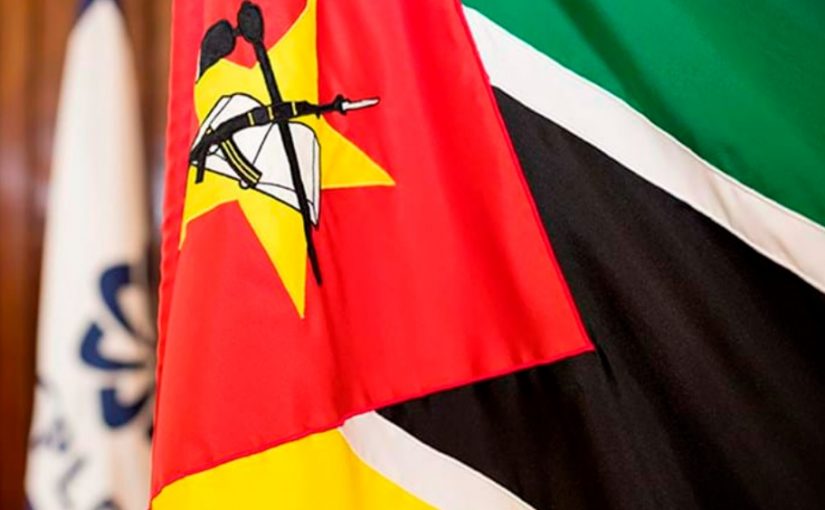Mozambique: Mondlane says has information that he will be arrested upon his return from Europe - ...
CPLP: Mozambique is fifth country to ratify community mobility agreement

Image: CPLP
The agreement on mobility in the Community of Portuguese Language Countries (CPLP) comes into force in Mozambique on 1 February, after the country became the fifth country to ratify the agreement with the organisation, said an official source.
By verbal note on 10 January, Mozambique’s Minister for Foreign Affairs and Cooperation, Verónica Macano, deposited the instrument of ratification of the agreement with the executive secretariat of the CPLP, the same source told Lusa.
According to a document to which Lusa had access, the instrument of ratification was signed by the Mozambican head of diplomacy on 20 December, after being published in the Official Gazette on 2 November, 2021.
For now, the visa waiver applies “only to holders of diplomatic, official, special and service passports,” according to the agreement.
Mozambique is thus the fifth of the nine CPLP member states to deliver the instrument of ratification of the Mobility Agreement, after Cabo Verde, Sao Tome and Principe, Portugal and Guinea-Bissau, which did so by the end of December 2021, where the document already entered into force on January 1.
The agreement should now be submitted for registration with the United Nations Secretariat, and it will subsequently be up to each country to legislate specifically on how it will facilitate the movement of people between the signatory countries.
Signed at the summit of CPLP heads of state and government in July 2021 in Luanda, the agreement establishes a “framework for cooperation” between all member states in a “flexible and variable” manner and, in practice, covers any citizen.
Read: CPLP: Mobility agreement covers visa, residence authorisation
States are provided with a range of solutions that allow them to assume “commitments arising from mobility in a progressive manner and with differentiated levels of integration”, taking into account their own internal political, social and administrative specifics.
In this context, they are “free (…) to choose the mobility arrangements, the categories of persons concerned” as well as the countries of the Community with which they wish to establish partnerships.
The agreement defines that mobility within the CPLP covers holders of diplomatic, official, special and service passports and ordinary passports.
Angola, Brazil, Cabo Verde, Guinea-Bissau, Equatorial Guinea, Mozambique, Portugal, Sao Tome and Principe and East Timor are the nine member states of the CPLP.
Read: Portugal: António Costa underlines political importance of CPLP mobility accord – Watch












Leave a Reply
Be the First to Comment!
You must be logged in to post a comment.
You must be logged in to post a comment.